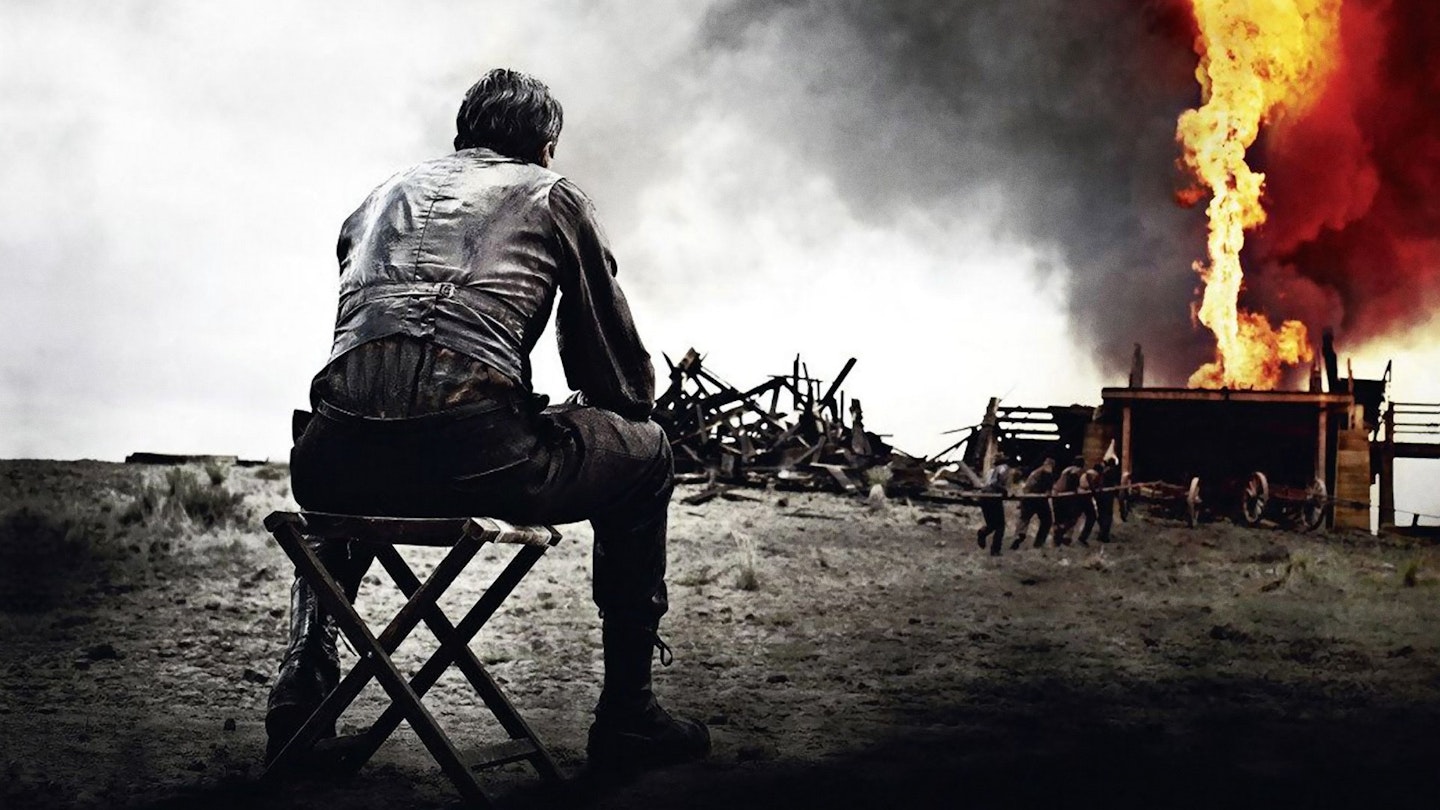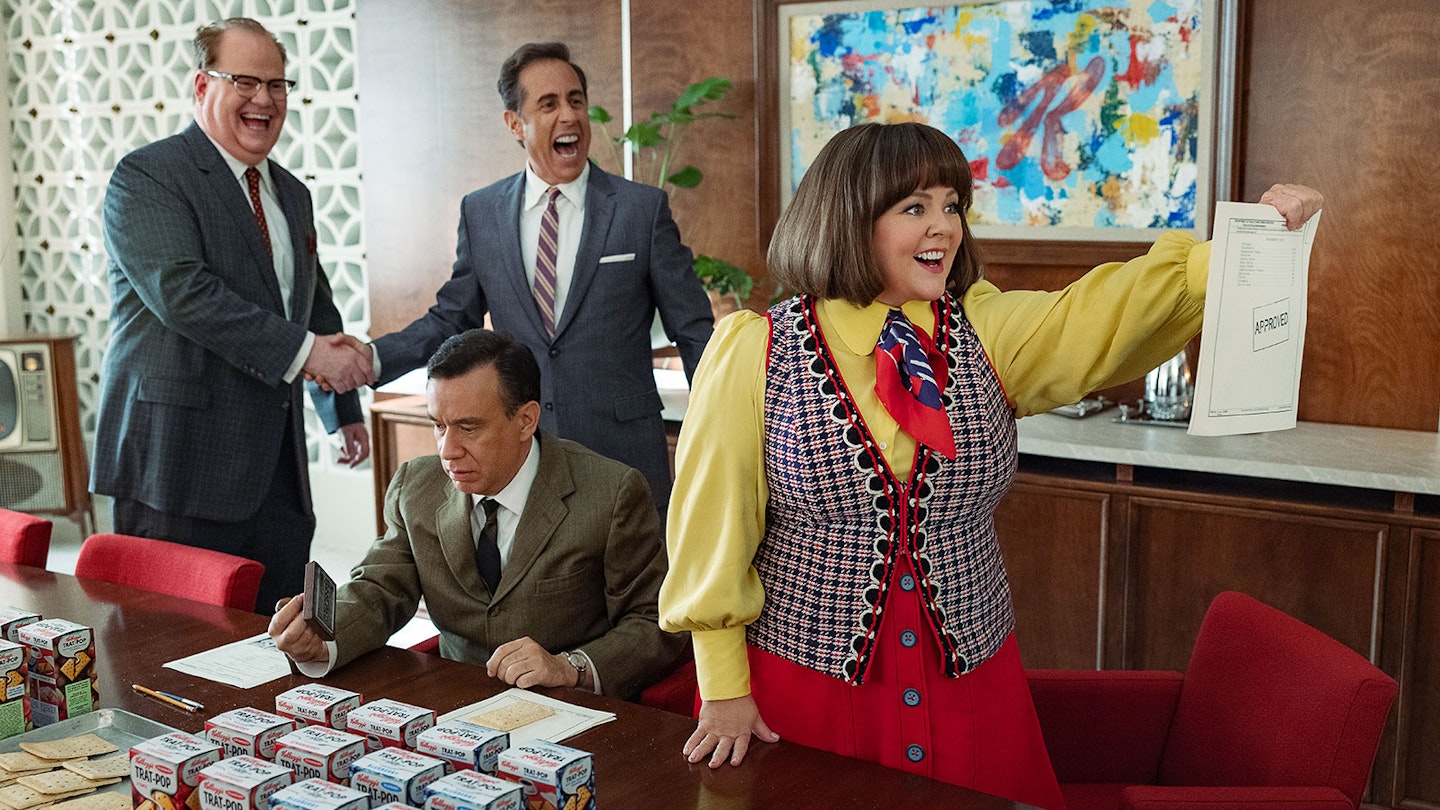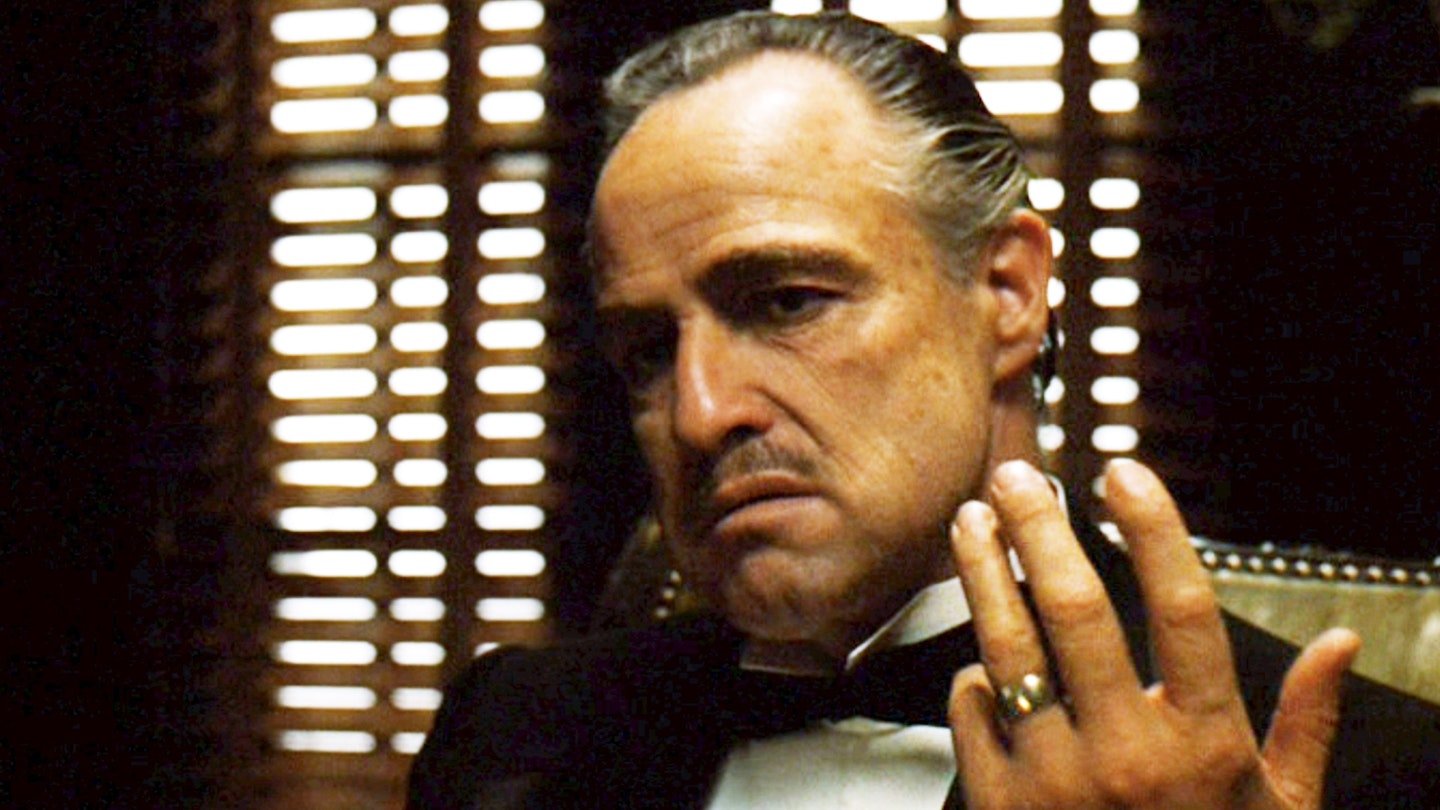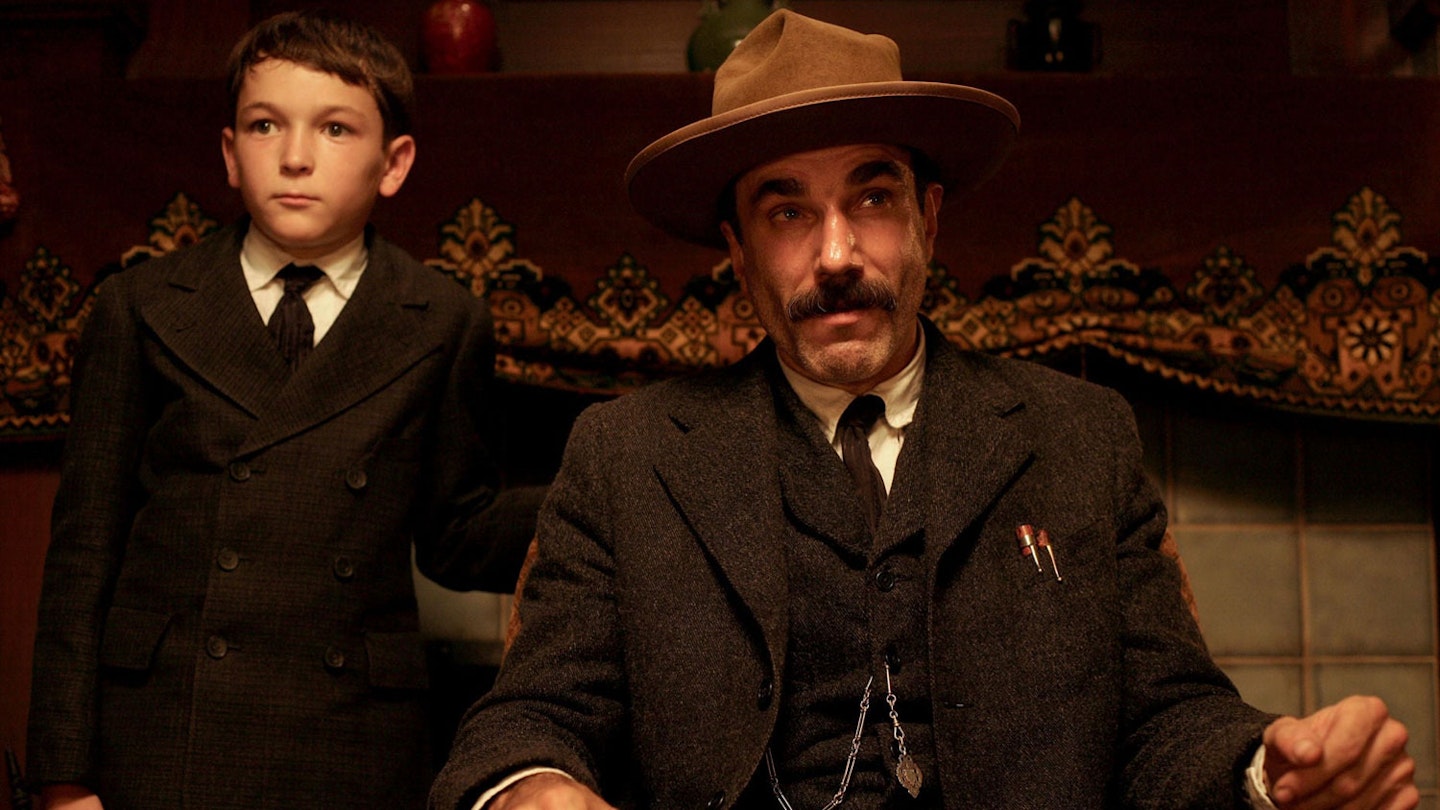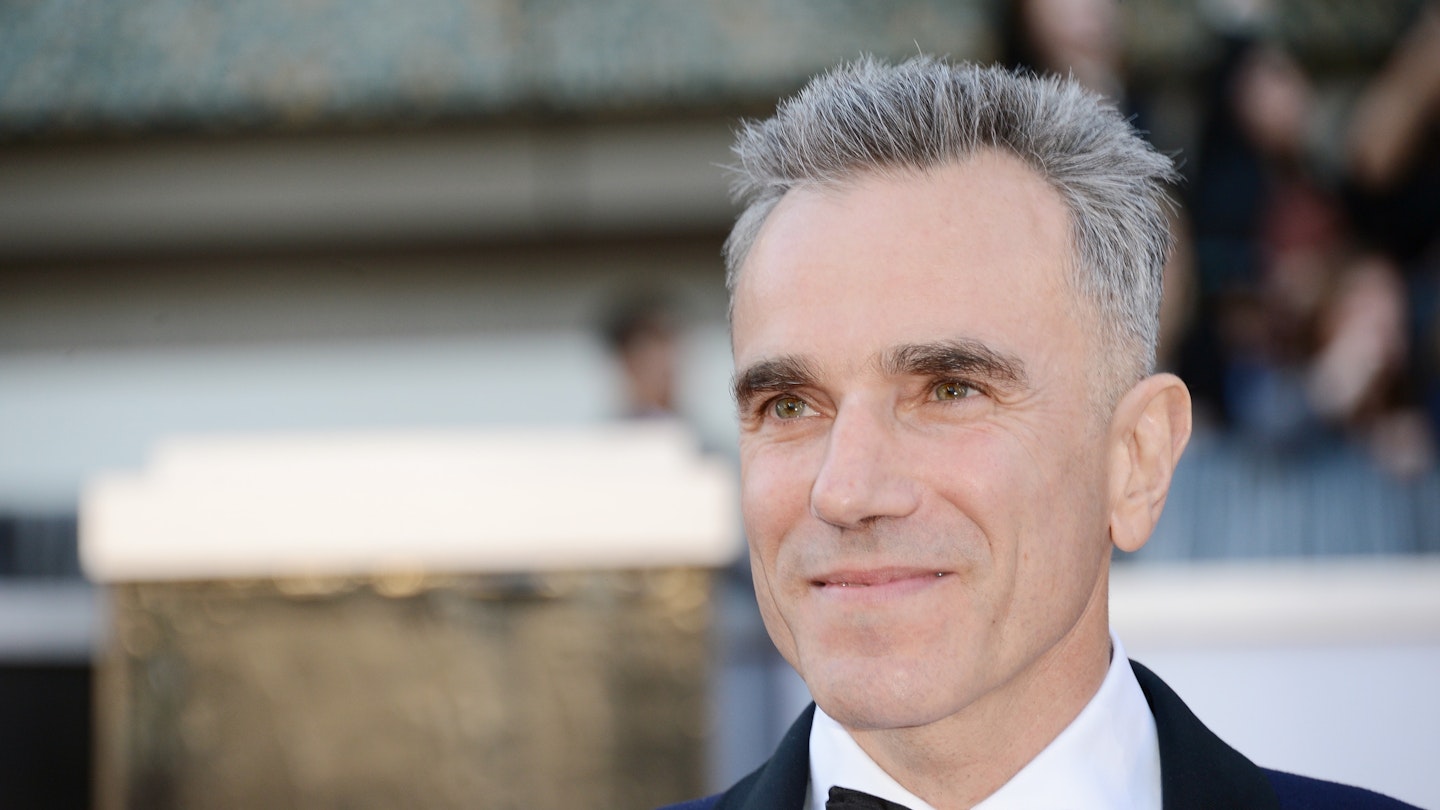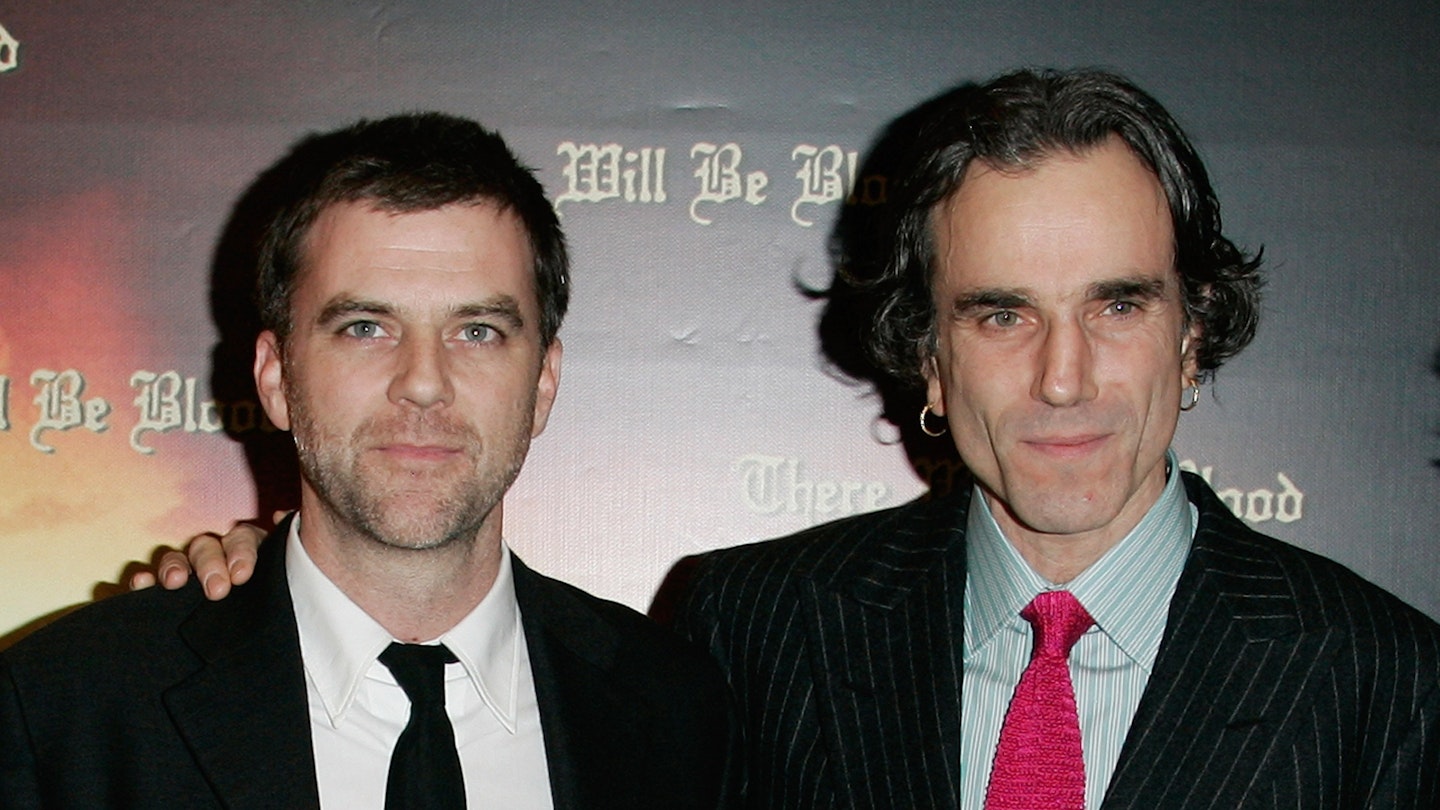There Will Be Blood is emphatically not an easy watch. Before an image hits the screen, a mounting, atonal string note assaults the viewer’s ears, immediately inducing a feeling of unease - if not actual nausea. That’s followed by 20-odd minutes of dialogue-free action. Two and a half hours later, it finishes with a scene that seems tonally so at odds with everything that has gone before, jars so horribly, that you’re afraid it’s scuppered the entire thing - until you go home, think about it for a day or two, and realise that it’s perfect. It won’t come to you immediately, but this may be a masterpiece.
This is a film full of such surprises. Despite being the first outing in four years for directorial wunderkind Paul Thomas Anderson, despite starring the oft-retired Daniel Day-Lewis, whose returns are usually the cause of critical celebration, There Will Be Blood seemed to arrive without anticipation, never mind fanfare. It skipped Cannes, Venice and Toronto, and screened quietly just before awards season. There’s a confidence to that strategy, a robust self-belief that could almost belong to the film’s Daniel Plainview, played by Day-Lewis in what is, even by his standards, an incredible performance.
A protagonist rather than a hero, Plainview is a man of impressive grit and untrammelled greed who pulls himself up by the bootstraps to turn from lone prospector to oil mogul. When we first see him, he’s sweaty, dirt-covered and hacking at a rock wall with a pickaxe at the bottom of a jerry-rigged mine. He risks life and limb for a few nuggets of silver, the tickets to his next move - oil. With a few hardy employees, yet more months in the desert, and a lethal mix of primitive machinery and scanty health-and-safety regulations, he strikes it lucky. But soon an industrial accident leaves Plainview holding a baby, whom he adopts as his son H. W. (Dillon Freasier), for reasons that are not initially clear.
It’s only after this long, wordless opening that the central conflict begins. Ten years have passed, and Plainview is pitching for the purchase of oil rights in a new town. Finally, we hear his voice, and his seductive, sonorous words roll his audience into the palm of his hand. Day-Lewis based Plainview’s speech on John Huston, and it’s almost a character in its own right - the sort of gruff, rich tones one somehow associates with walrus moustaches and cigars, weighted with authority and nearly impossible to dispute. After a tip-off from a young man called Paul Sunday (Paul Dano), Plainview heads to the town of Little Boston, California, where the black stuff oozes from the virgin earth. There he finds himself in competition for the town’s acceptance with Paul’s twin brother Eli Sunday (also Dano), a charismatic preacher with an even more compelling voice than Plainview himself. Eli makes an alternative offer of redemption and deliverance from the hardships of frontier life, through faith rather than wealth. His is a spitting, shrieking brand of religion that bullies belief from his congregation, squeezing it out of them with the power of his oratory and the (apparently) unshakeable conviction with which he believes.
The clash between these two titanic egos is the heart of the film: Plainview affecting a hail-fellow-well-met humility that veils but does not hide his greed; Sunday projecting an otherworldly serenity that masks a similarly venal streak. Plainview’s contempt for Sunday’s brand of evangelism is apparent, but he carefully avoids direct confrontation, choosing his ground and biding his time. An uncapped well (in a breathless and breathtaking scene) demonstrates both the terrifying dangers and potential riches of his enterprise for the local community, giving some clue as to the literally seismic shifts this industry has caused when it came to town. Sunday, meanwhile, acting as if he has all eternity to win Plainview’s soul (and therefore assert his moral authority over this upstart intruder), is increasingly befuddled by the depths to which his opponent will venture in pursuit of this great new resource, and while he gets a brief moment of triumph, it is snatched back from his grasp before he can truly taste victory.
If these two represent the wider forces of religion and capitalism and the role they’ve played in America’s development, then the picture that Anderson paints of his nation’s soul is bleak indeed. Both Plainview and Eli are corrupt, out primarily to consolidate their own power; both sell their snake-oil schemes with promises to better those who follow them; both ultimately betray those who choose to believe in them. Plainview at least is approaching honest about his perfidy, but the rot runs deeper in him than anyone - there are no depths to which he will not stoop in pursuit of more land, more money, more oil. It’s a chilling portrait, and one which, while bafflingly evil, somehow never strays from believability - Gangs Of New York’s Bill The Butcher serving as a test run. Eli’s faults are not in the same league, but his hypocrisy and inability to stomach the competing presence of another alpha male erode any sympathy we might have had.
Around these two, the rest of the cast barely get a look-in, the only exception being Freasier as the young H. W. A largely silent child, he’s the best clue we have to Plainview’s inner life, following his father dutifully - or is that resignedly? While there is an element of convenience to their relationship, which allows Plainview to paint himself as a family man as well as an oil man, it appears that they have a genuine bond, even if Plainview himself would (and does) deny it. Even in the end, to what extent Plainview is a pure sociopath remains debatable - does he completely lack human feeling, or merely choose ruthlessly to suppress it? That last scene does tend to suggest the former. It’s like the gusher after the long, slow build-up of pressure through the film, an explosion of high drama after the low-key tension and unease that characterise the preceding two hours. It feels almost cartoonish, out of step, and it’s unquestionably ripe for parody - Day-Lewis rolling lines around in his mouth like candy and spitting them viciously out again. He blows and bellows (“Draiiiiiinaaaage!”), stripped of any need to charm or cajole at last. But on reflection it’s almost a twist, a reveal of how all the film’s themes tie together, when the characters are at their most naked and the consequences of their actions laid bare. Like much of this film, it’s discomfiting at best, but impossible to tear your eyes away from.
